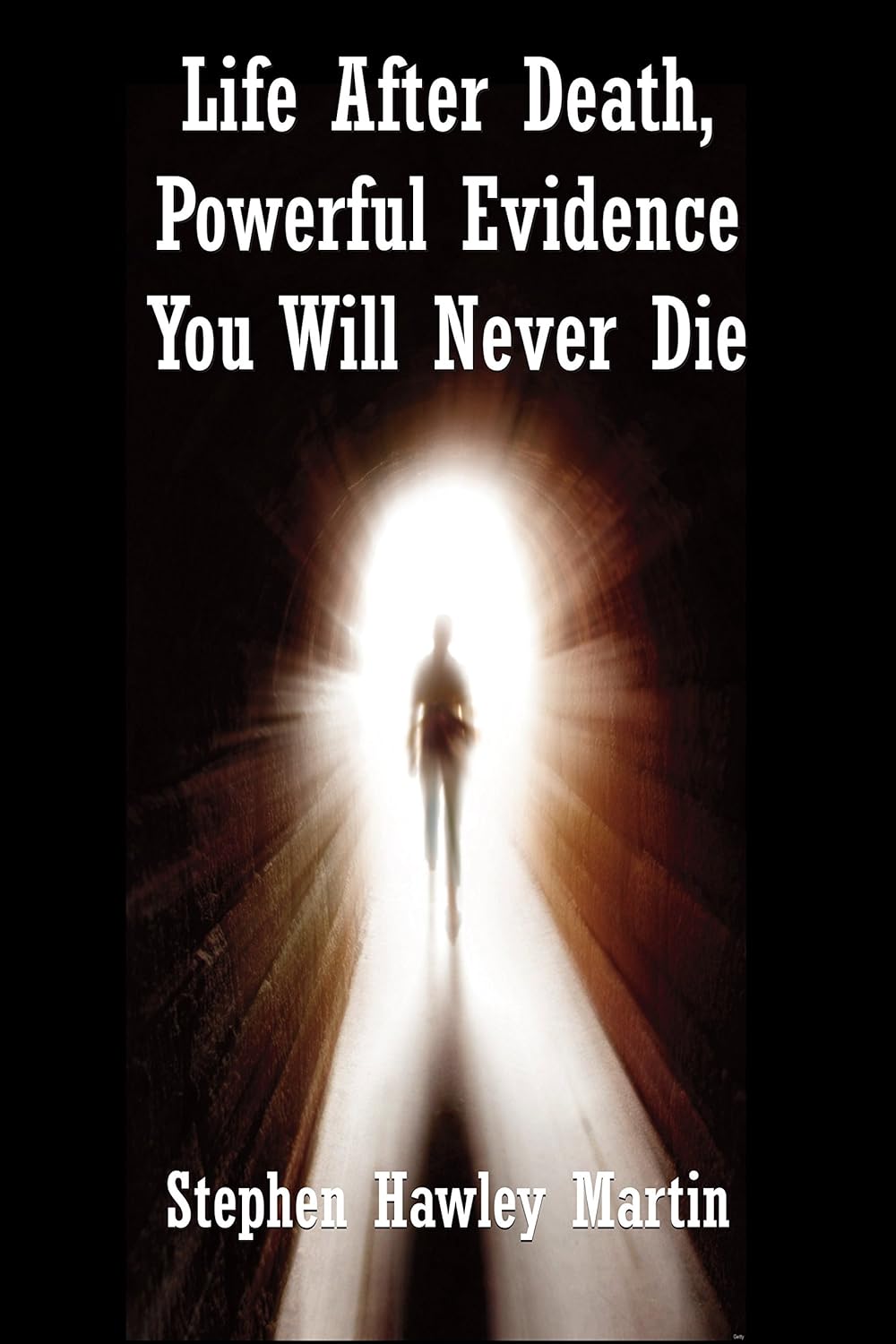Book Excerpt: Life After Death, Powerful Evidence You Will Never Die
by Stephen Hawley Martin
How do we believe?
I reviewed this book a couple days ago, and obtained permission to print the following excerpt. Its relevance to religion, and life after death in particular, should be recognizable.
pp 140-141
For years, Drew Westen, a psychologist at Emory University, has been studying how people think, particularly in the area of politics. … In experiments using MRI scans, Westen has demonstrated that persons with partisan preferences believe what they want to believe regardless of the facts. Not only that, they unconsciously congratulate themselves–the reward centers of their brains light up–when they reject new information that does not square with their predetermined views.
In one test, subjects were presented with contradictory statements made by George Bush and John Kerry. Republicans judged Kerry’s flip-flop harshly, while letting Bush off the hook for his. Democrats did the reverse. Interestingly, brain scans showed that the parts of the brain accounting for emotion were far more active during the experiment than the reasoning parts.
Anyone who follows politics will not be surprised by this. The truth is, Westen’s research does not relate anything new. Solzhenitsyn characterized this phenomenon as “the desire not to know.” …
Results such as this might help explain why some debates never seem to end. People are invested in the positions they take. So, as Westen puts it, they have a tendency to weigh not just the facts but also, “what they would feel if they came to one conclusion or another, and they often come to the conclusion that would make them feel better, no matter what the facts are.”












 354 Circles
354 Circles
 603 Goodreads Friends & Fans
603 Goodreads Friends & Fans

 Hello! I'm an author, historical Jesus scholar, book reviewer, and liberal Christian, which means I appreciate and attempt to exercise the humanitarian teachings of Jesus without getting hung up on any particular supernatural or religious beliefs.
The Bible is a magnificent book that has inspired and spiritually fed generations for thousands of years, and each new century seems to bring a deeper understanding of life’s purpose. This is true of not only Christianity; through the years, our age-old religions are slowly transforming from superstitious rituals into humanitarian philosophies. In short, we are growing up, and I am thrilled to be riding the wave.
I avidly read all thought-provoking religion titles. New authors: I'd love to read and review your book!
Hello! I'm an author, historical Jesus scholar, book reviewer, and liberal Christian, which means I appreciate and attempt to exercise the humanitarian teachings of Jesus without getting hung up on any particular supernatural or religious beliefs.
The Bible is a magnificent book that has inspired and spiritually fed generations for thousands of years, and each new century seems to bring a deeper understanding of life’s purpose. This is true of not only Christianity; through the years, our age-old religions are slowly transforming from superstitious rituals into humanitarian philosophies. In short, we are growing up, and I am thrilled to be riding the wave.
I avidly read all thought-provoking religion titles. New authors: I'd love to read and review your book!
 Hi! While Lee writes the articles and reviews the books, I edit, organize, and maintain the blog. The views expressed here are Lee's but I'm his biggest supporter! :-)
Hi! While Lee writes the articles and reviews the books, I edit, organize, and maintain the blog. The views expressed here are Lee's but I'm his biggest supporter! :-)
Connect With Me!